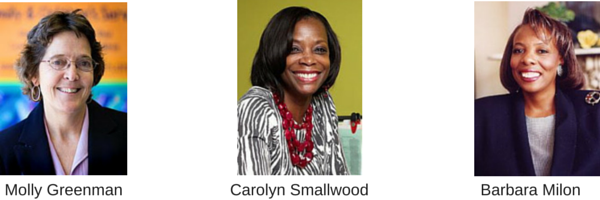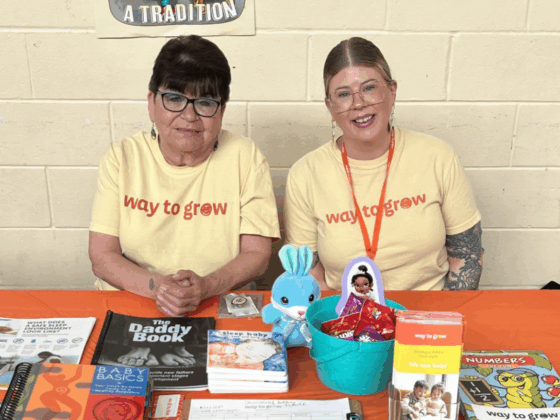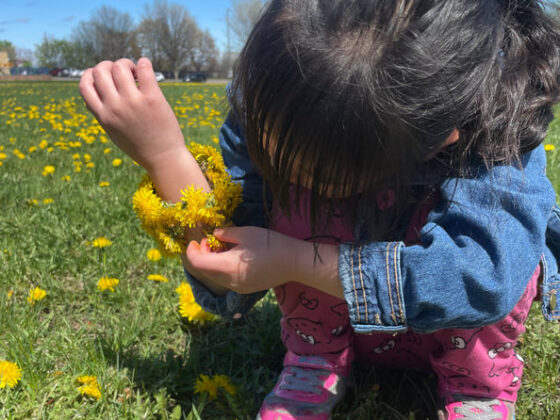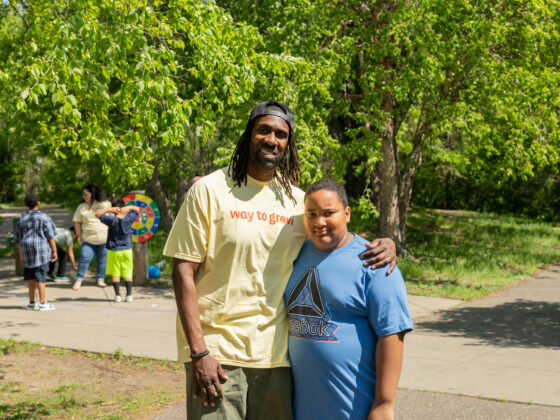There has been considerable talk about early learning lately. We have heard for so long the alarming fact that Minnesota’s children in poverty are not prepared for kindergarten. It is encouraging to see the growing consensus about the end goal, even as the means are subject of spirited debate. We, as providers of early care and education serving some of the poorest children in our state, are now asking that you open your minds and hearts to hear our point of view.
There are 78,000 children ages 0-5 in Minnesota living in deep poverty. Deep poverty is defined as a family whose income is less than 50 percent of the federal poverty guideline. Children in every county and of every color live in deep poverty. However, children of color are disproportionately impacted by poverty, are uniformly at the highest risk of failing school, and are susceptible to repeating this cycle of poverty.
What does it mean to be a young child living in deep poverty in Minnesota? For preschoolers, this life comes with many challenges, starting with parents who likely also grew up in similar conditions and face, along with their children, their own daily challenges.
These children move frequently with their parents, living short term with friends or family or in shelters – a very unstable and chaotic life for young children who benefit so greatly from consistency and certainty. It is heartbreaking for us to have a child leave our preschools, knowing that the warm and healthy environment we provide during the day is not easily replaced under their family’s precarious circumstances. These children are being read to less often, have few or no books, and rarely enjoy the treasure of our parks.
Too often, these children have family situations that include mental illness and/or substance abuse, often leading to child neglect or violence. For them, the present is joyless and grim, and the future will almost certainly be tragic … UNLESS we collectively do something big and different NOW.
Provide flexible funding
What do these children need to set them on a better path? While no single solution exists, we propose one thing our state government can do this year: prioritize helping each one of these children to be ready for kindergarten. We believe that one of the smartest investments of state dollars is to provide flexible funding for early education and care that stays with each child until they turn 5 or enter kindergarten.
Flexibility will let funding follow each child so that when families move, they can maintain their opportunity to find a new early care and education provider, whether it be school-based, center-based or home-based. With fully flexible funding each child can get the amount of time they need to be successful. In contrast, funding based on arbitrary caps set by the state, or as a “reward” for parent’s working is a flawed system that places consequences on children for the performance of their parents.
We already have proof that flexibility funding for children works. The federal government provided $45 million over four years supporting comprehensive strategies and interventions in Minnesota, including two urban and two rural communities. Flexible scholarships were provided to hundreds of children in poverty. The results are profound in the White Earth, Northside Achievement Zone, St. Paul Promise Neighborhood, and Itasca communities.
Records of success
The Family Partnership, Way to Grow and Phyllis Wheatley Community Center combined have 252 years of serving children, youth and families, and the child development centers are four-star rated by Parent Aware, the highest rating possible in Minnesota, and have served over 16,380 children, youth and families in 2013.
Eighty-nine percent of the children graduating from preschool into kindergarten met school readiness standards and were cognitively, socially/emotionally, language/literacy and physically prepared for success in school.
When we do what is right for our children, we see the benefit it brings. We also know firsthand the damage that results when we don’t. Please find the way to get this right this year. We will help these children get ready for kindergarten and bring great promise into their lives.
Molly Greenman is the CEO of the Family Partnership; Carolyn Smallwood is the CEO of Way to Grow; Barbara Milon is the executive director of the Phyllis Wheatley Community Center.
WANT TO ADD YOUR VOICE?
If you’re interested in joining the discussion, add your voice to the Comment section below — or consider writing a letter or a longer-form Community Voices commentary. (For more information about Community Voices, email Susan Albright at salbright@minnpost.com.)
This article, written by Molly Greenman, Carolyn Smallwood, and Barbara Milon, originally appeared in MinnPost.





